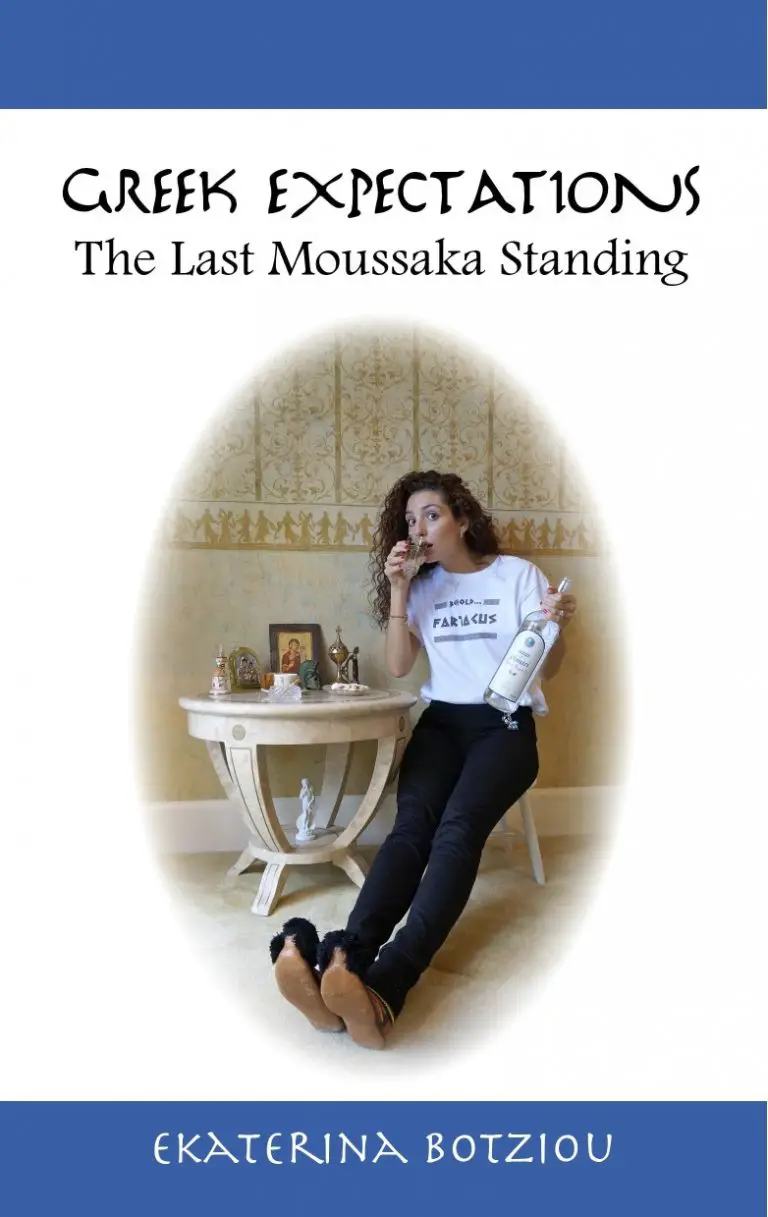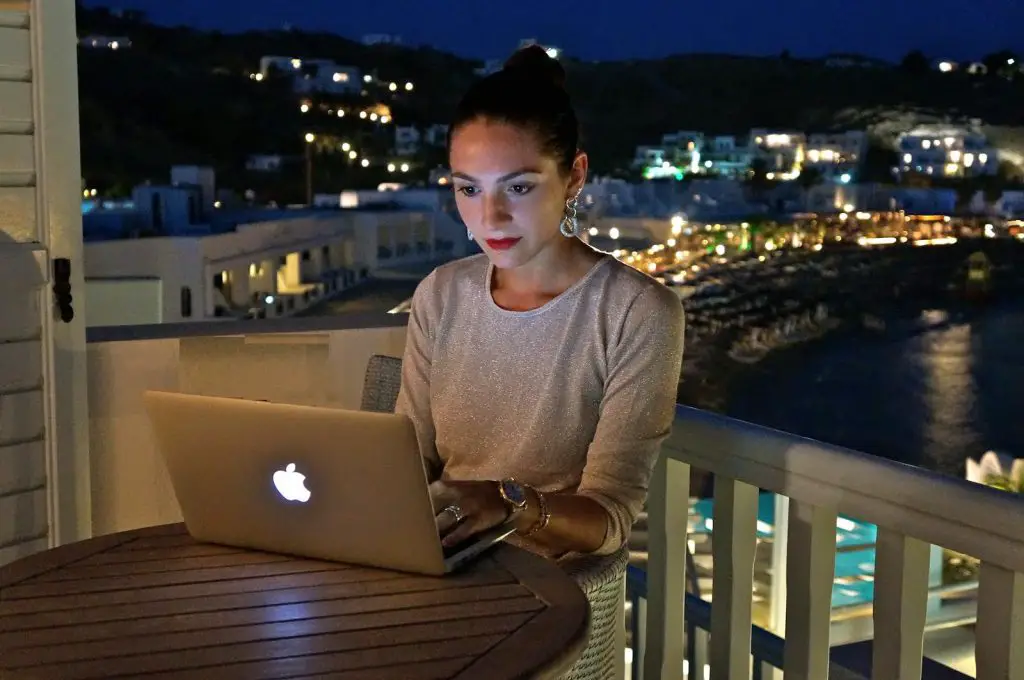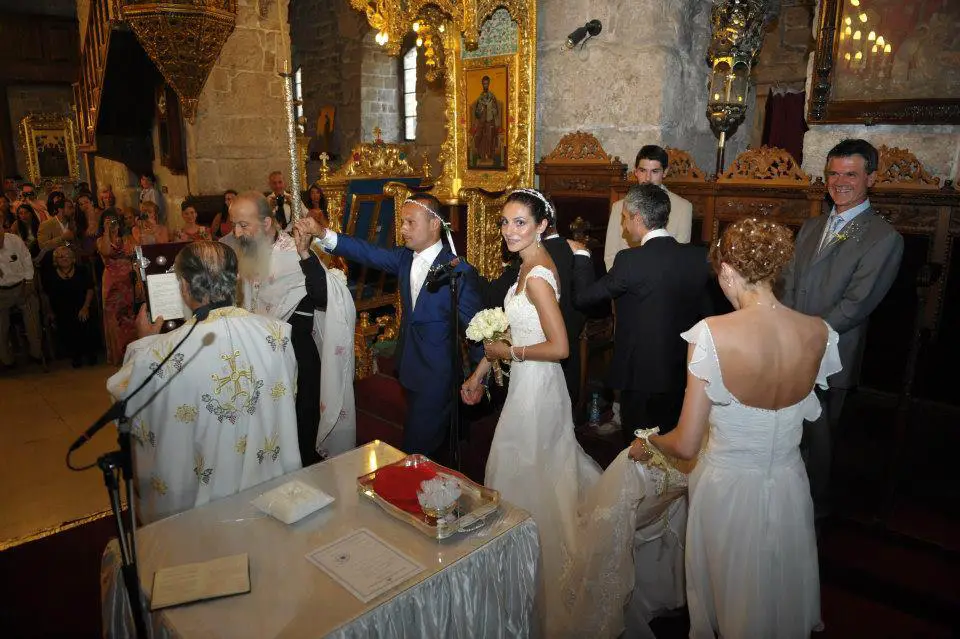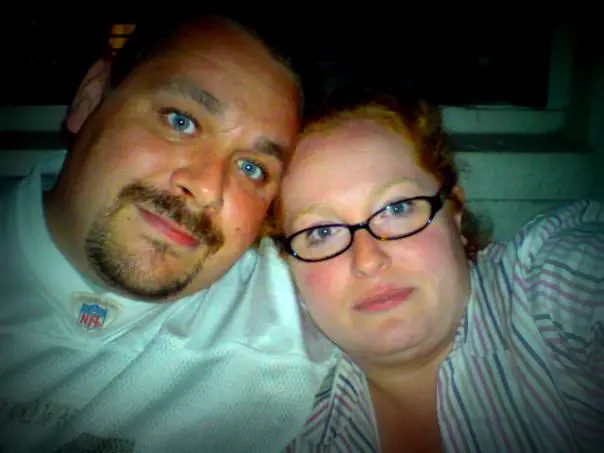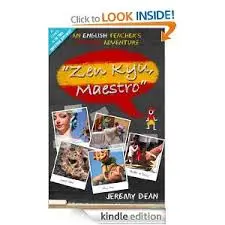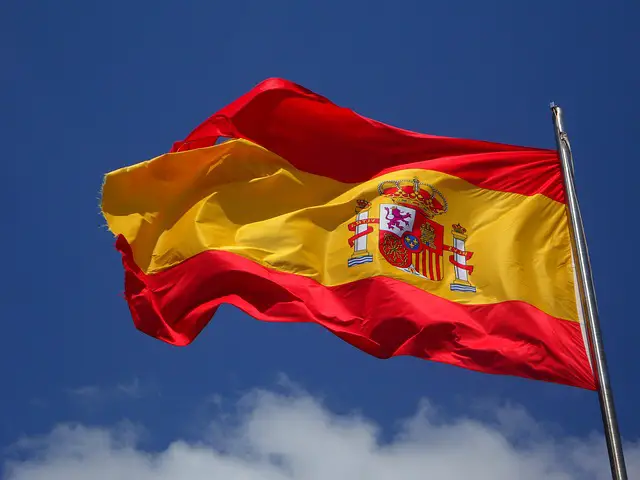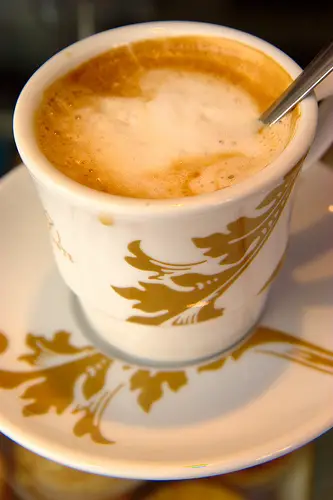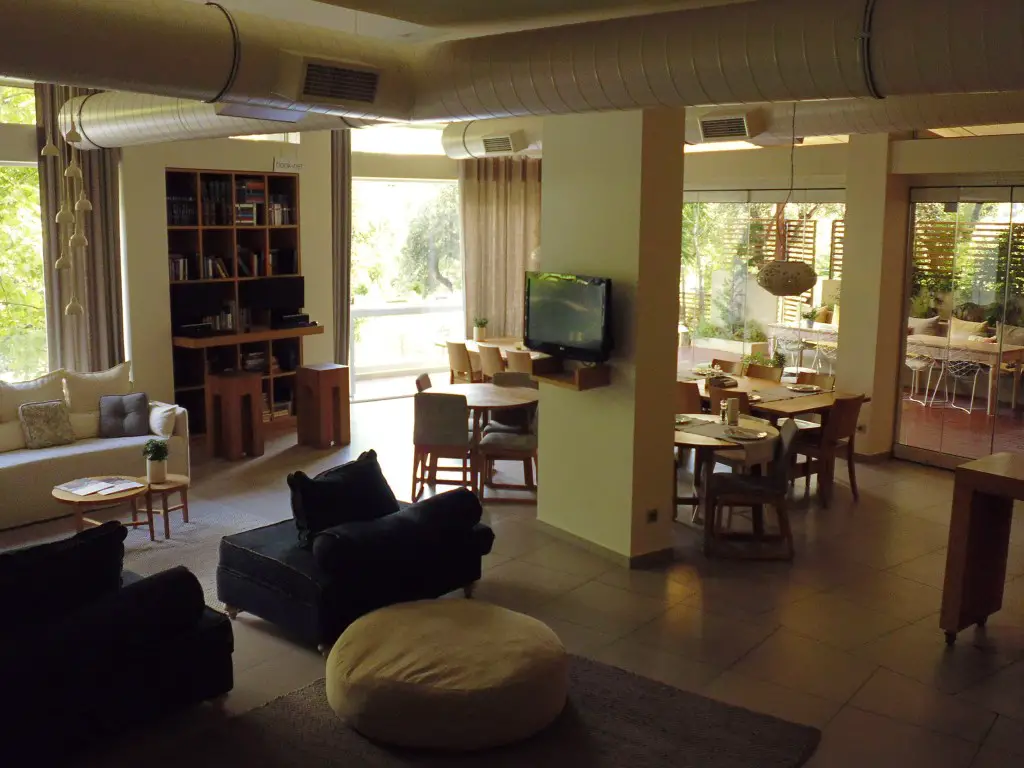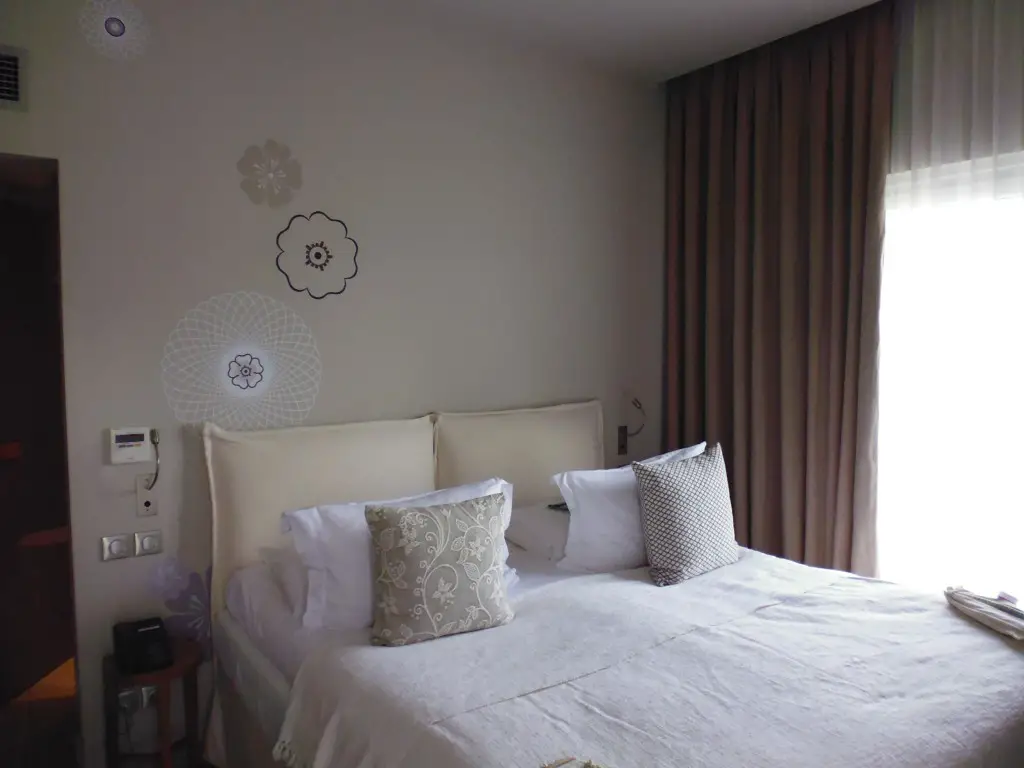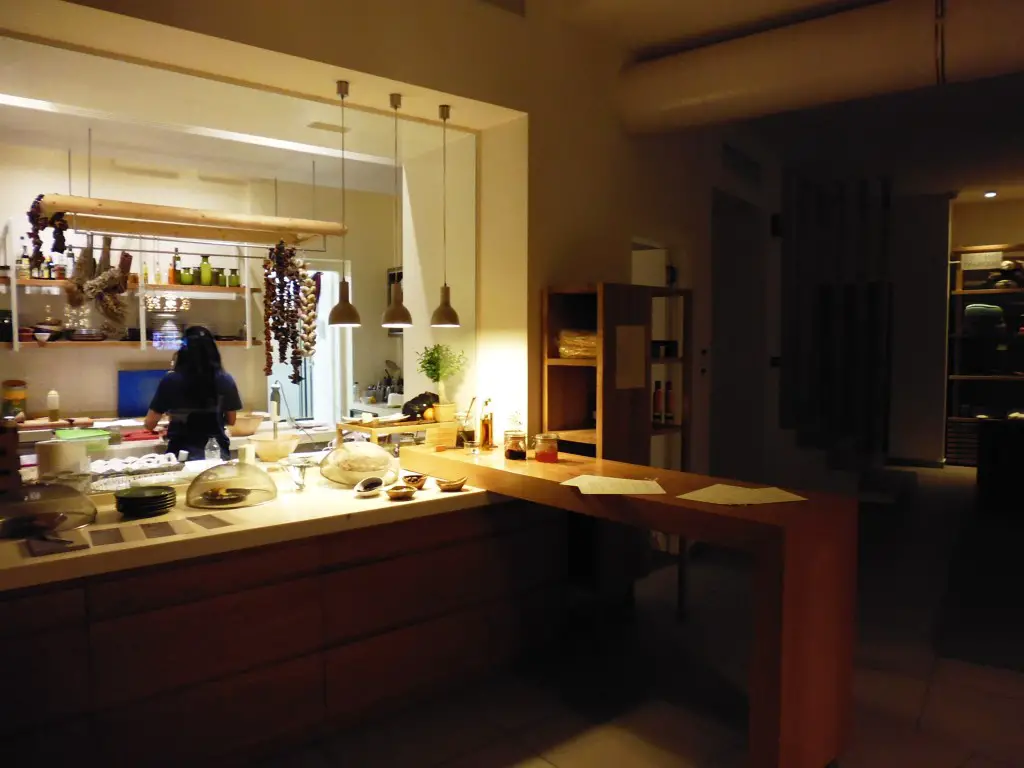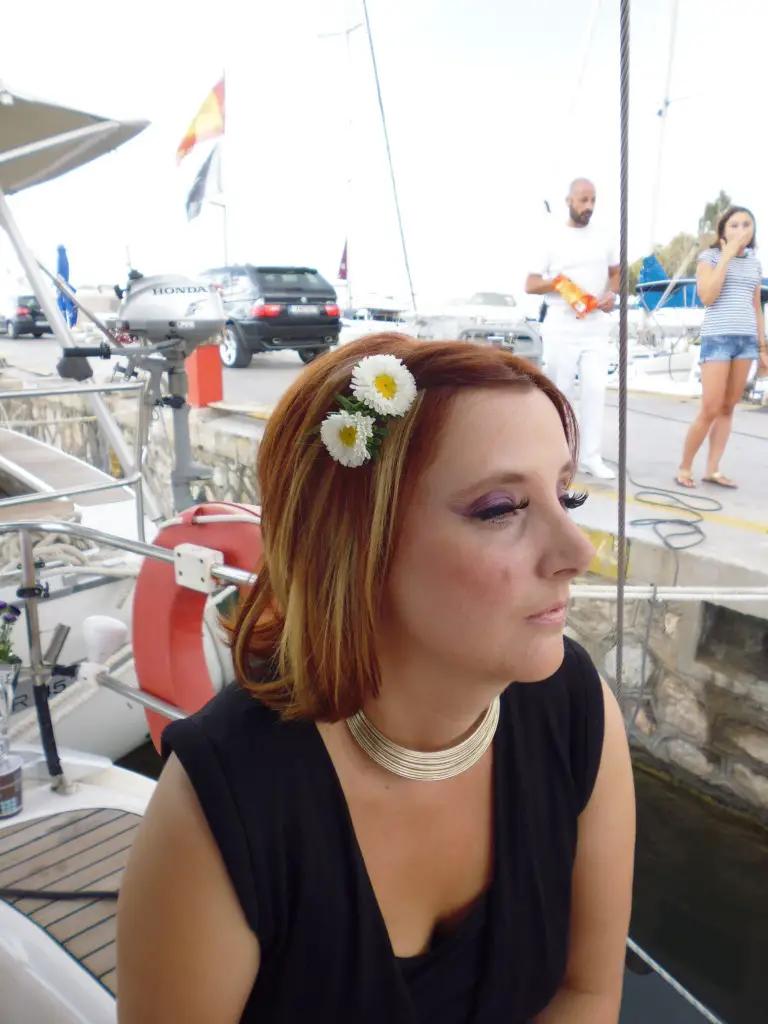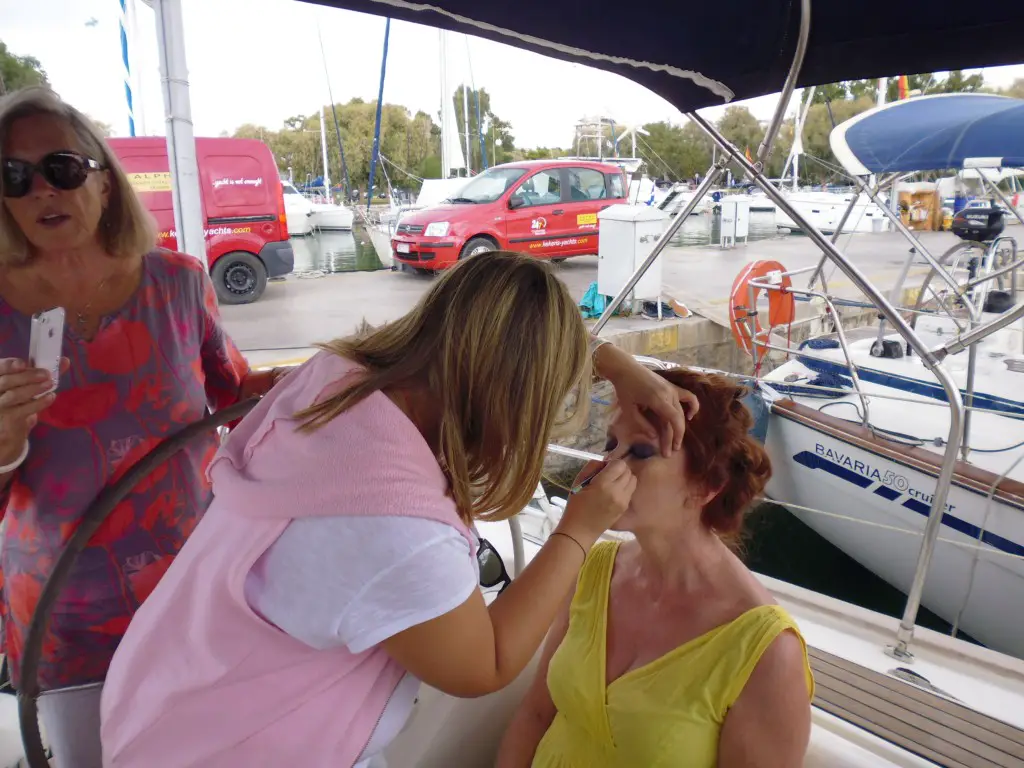Jessica is a former Texan, now living the expat life in a small fishing town on the coast of England. She is author of the travel blog The Fly Away American where she shares her experiences living abroad and the adventures along the way.
Here she shares with Leaving Cairo her experiences of life in Europe.
My family and I moved to England after living several years in The Netherlands, looking for a more laid-back way of life and more opportunities for our future.
I am originally from Texas and met my Dutch husband while at University, and we have a five year old daughter growing up in the midst of a cultural triangle. It is an interesting life juggling the English school system with Dutch reading lessons, all while trying to inject my own American heritage into the life of my family. I have written before about some of the silly differences as an American in England, but I have never touched on the positive aspects of our English life that have made this country a home for us. Many of them are European, some are more distinctly English, but they all make this expat life worthwhile.
The Work-Life Balance
I think most American expats in Europe will agree with me, the Europeans understand that work is not life.
It saddens me when I talk to family and friends back home who are trying to figure out how to take down time with their annual week or two of vacation time, and some of them don’t even get it paid. In England we have around a month of holiday to work with each year, and employers seem more understanding when you need an afternoon off for personal reasons. I love that work is simply that, and that our life is separate from how we get our income.
The Pub Life
Pubs in England are not only for drunks and partiers,very often they are family affairs.
Our local neighborhood pub has playground equipment in the garden, encouraging families in the area to bring along their kids when they want to enjoy a pint. This concept was very strange to me at first, especially since you can’t even enter most bars in America if you are under 21. This is one we have definitely embraced, and enjoy living in a country where drinking is not taboo.
The World at Your Doorstep
We live in a small town on the coast, home to the Eurotunnel and only a fifteen minute drive from Dover’s ferry port.
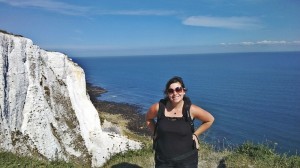
It only takes around thirty minutes for us to go from our town in England to France with the former, and less than two hours by ferry. I feel incredibly lucky to have the perks of English life on a daily basis, with the ability to escape to Continental Europe whenever we need a real croissant or a little more sunshine. It also makes it easy when we go back to The Netherlands, and enables family and friends to easily visit us as well. On the other side of things, London is only an hour away- a destination where you can escape in itself. I have had so many opportunities as an expat here and I feel privileged to be able to explore this world on a whim.
English Wonder
England itself offers so much to see and do.
I never imagined in my wildest dreams that I would be spending my weekends visiting castles and palaces and looking out over the sea from world-famous clifftops. I love the simplest things most, the things I never experienced in my own childhood living a seven hour drive from the ocean. Rockpooling is one of my new favorite summer pastimes, I never get over seeing starfish or anemone without paying admission for an aquarium. We have mountains, forests, flowered fields and great cities. You can find every type of food in the world, our local Nepalese is amongst the best in the country. (If you have never had a momo, I encourage you to go find one now.)
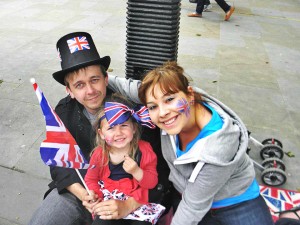
Cultural Diversity
England is extremely diverse, especially when you are around the London area.
When living in The Netherlands I met only a handful of Americans randomly, and sometimes sat in Amsterdam just to hear the annoying tourists speak American English. I can hardly visit London without meeting a new American, half of which seem to be from Texas as well. I have friends from every corner of the globe, and I love it.
The Challenges
The challenges of living in England are few, but they do exist. Every day I deal with my daughter and her ever evolving identity.
She isn’t English, but she speaks with an English accent, goes to an English school, and identifies with the English way of life. As a family who has no ties to England other than that we live here, we do our best to celebrate holidays from our own countries, eat American (Southern) and Dutch foods, and teach her about where she came from. It can be hard though. She thinks my American English is ‘wrong’ and is consistently stubborn when it comes to speaking Dutch. There are days that is can be frustrating, but overall I am so happy that she is able to have these experiences. I hope that as she grows her multi-cultural background will become a part of who she is, and will be able to embrace it rather than reject the abnormal.
Other Challenges
The rest of the challenges are insignificant, and though I see expats tear apart the country they now call home over such silly things, I don’t give them that much weight. The houses are small and crowded, we lack the same technologies that are standard in American households, and the french fries (chips) never seem to be fully cooked. These types of challenges don’t define your life, and it should go without saying that you can’t expect the same exact life you had back in your home country.
But really, why would you want to?
The best part of expat life is the challenges. Things that put you out of your element, and encourage personal growth. My family and I plan on moving on from England in a few years and exploring somewhere new, but for now I will take every moment and opportunity I am given to take full advantage of English life.
You can follow Jessica as follows:

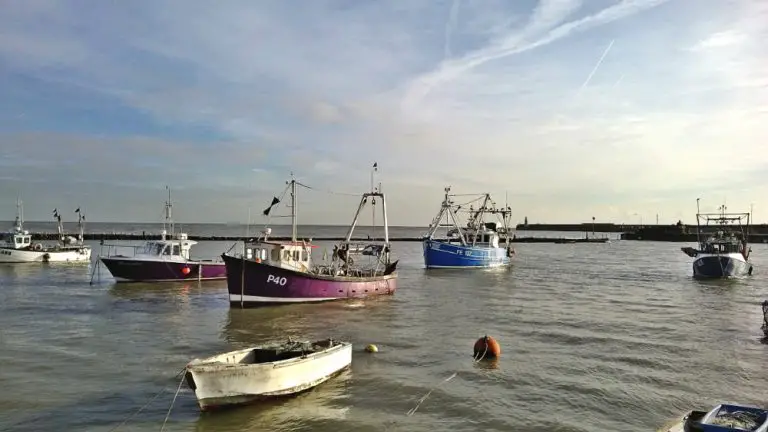
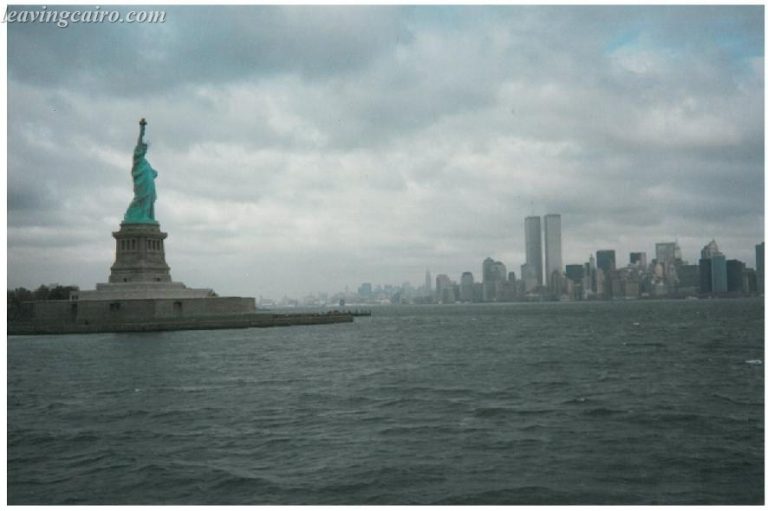
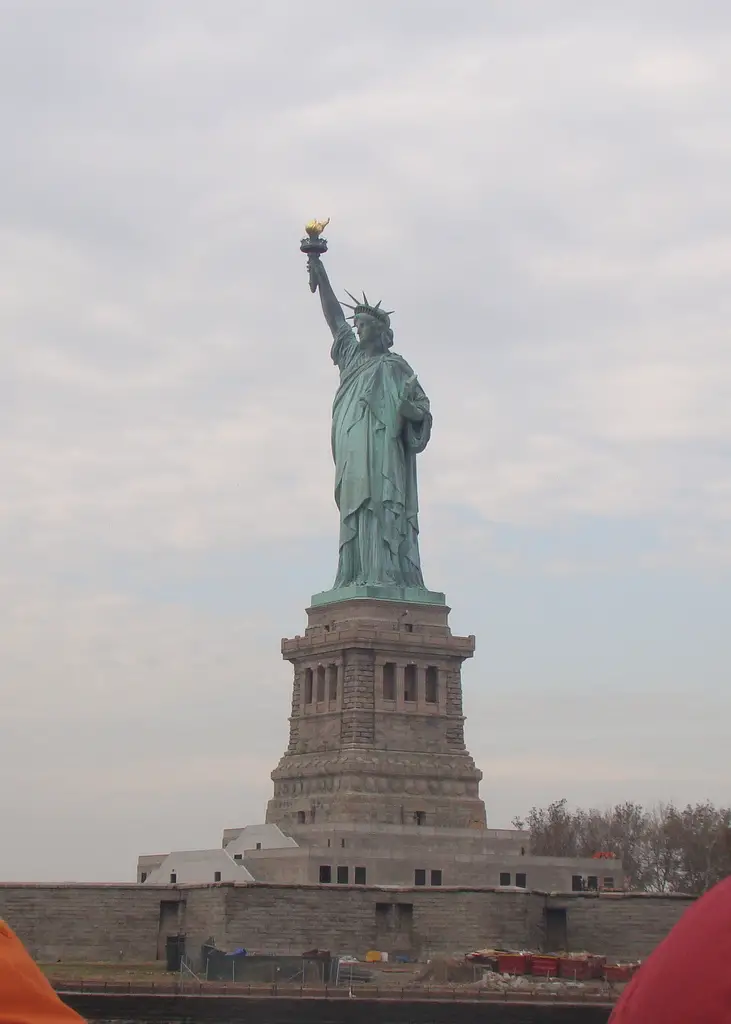

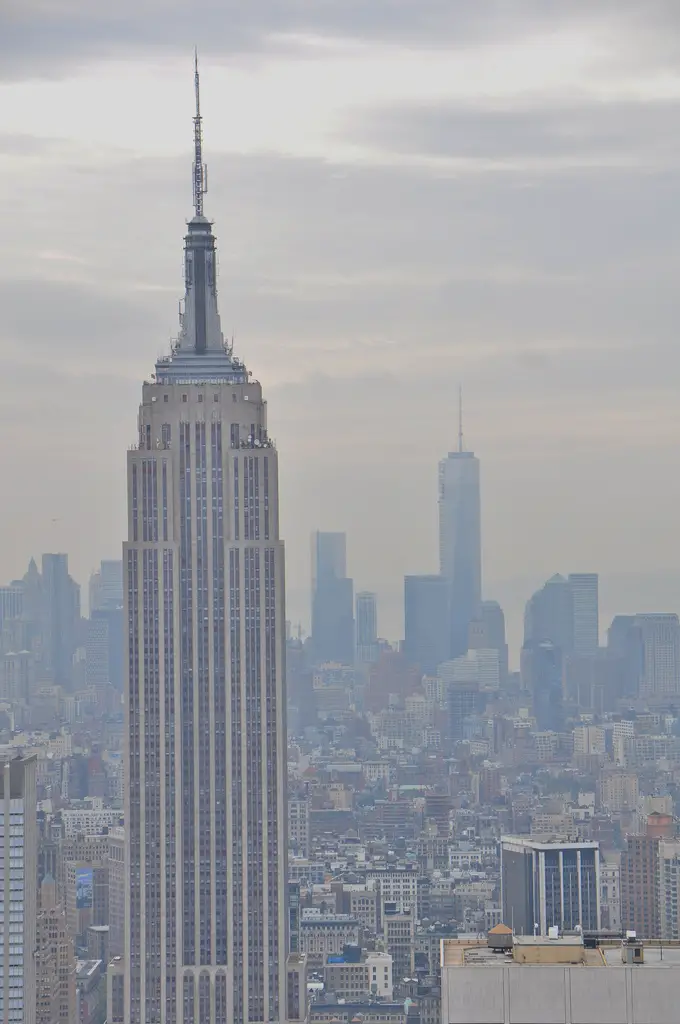
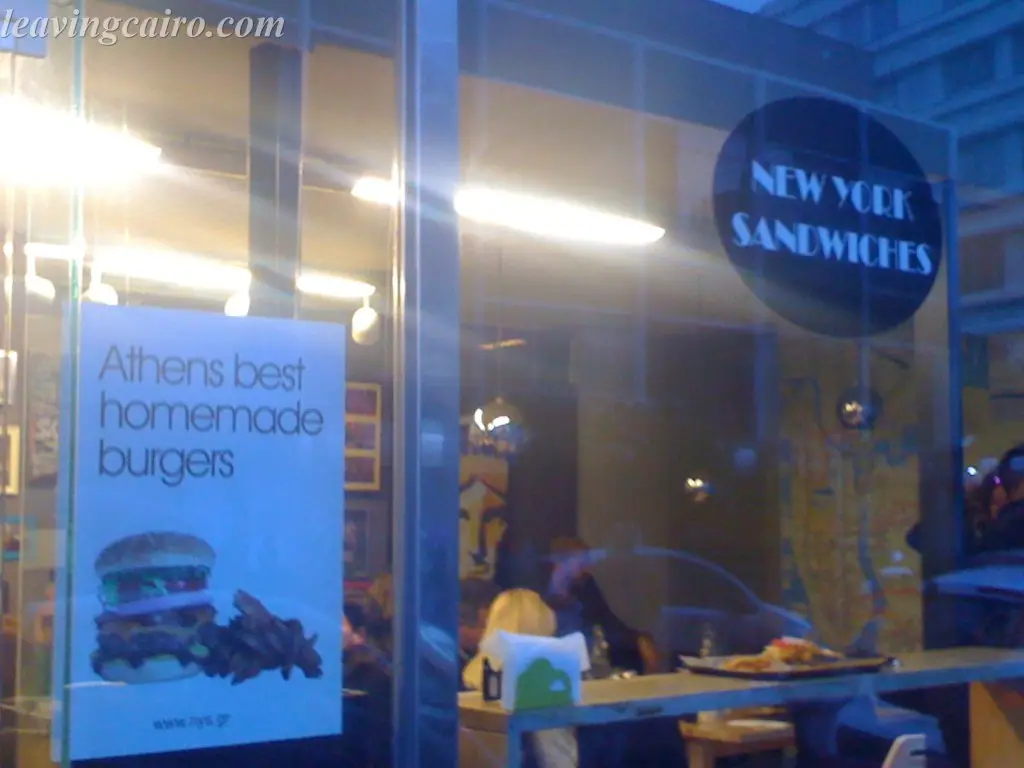

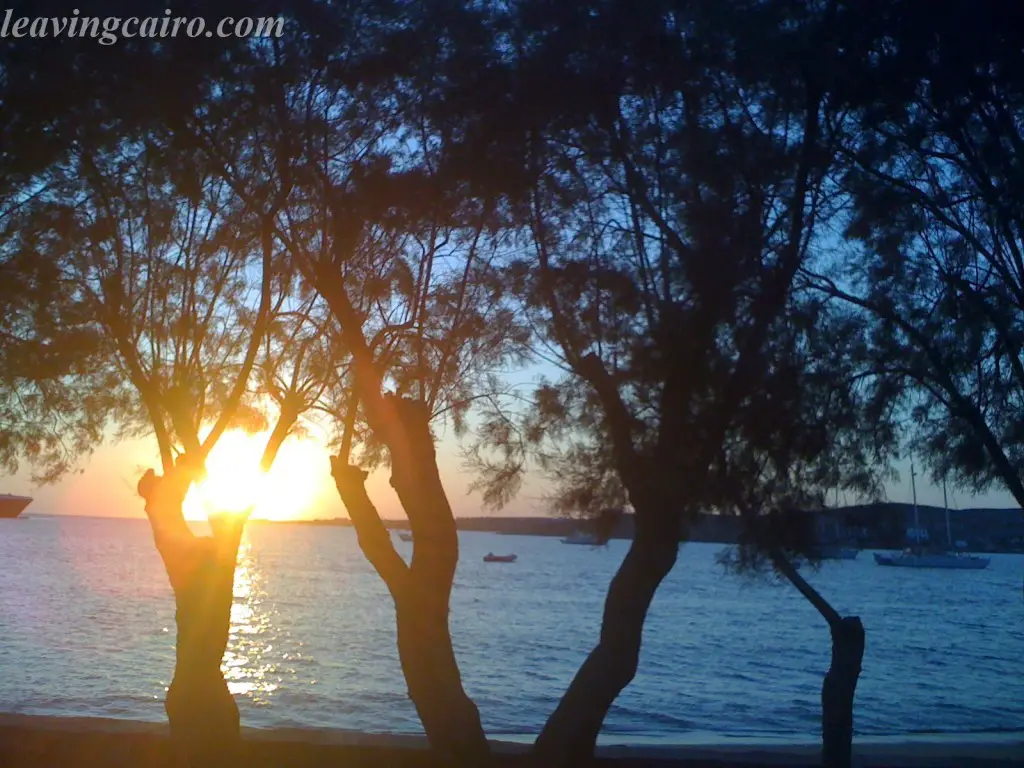

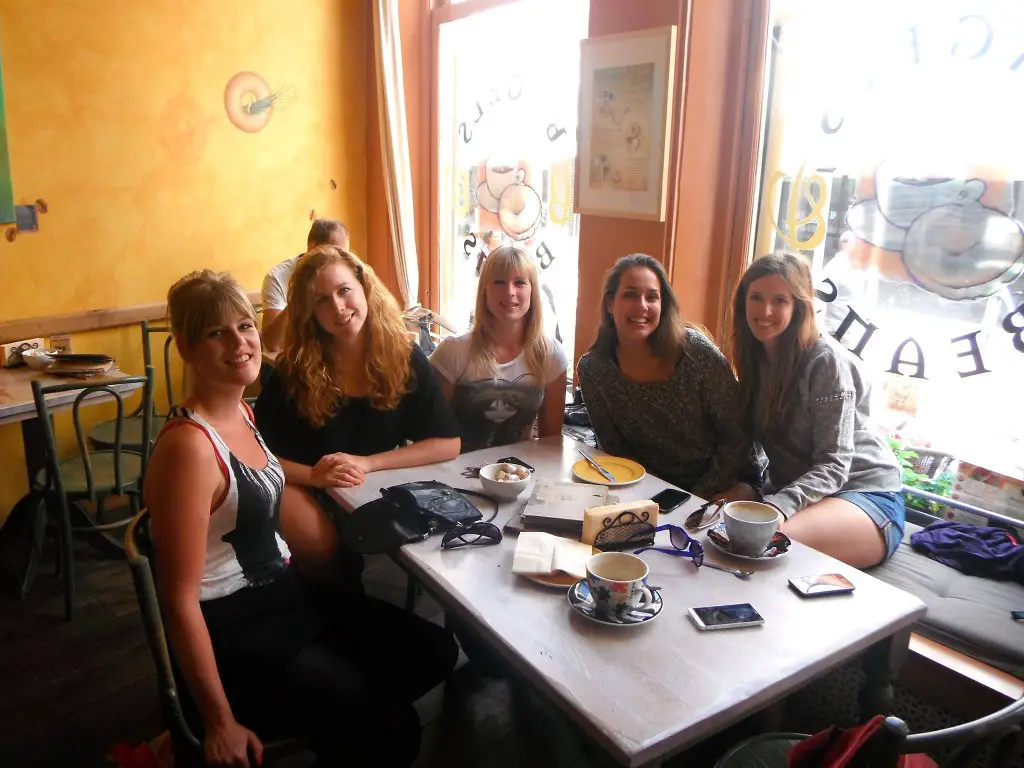
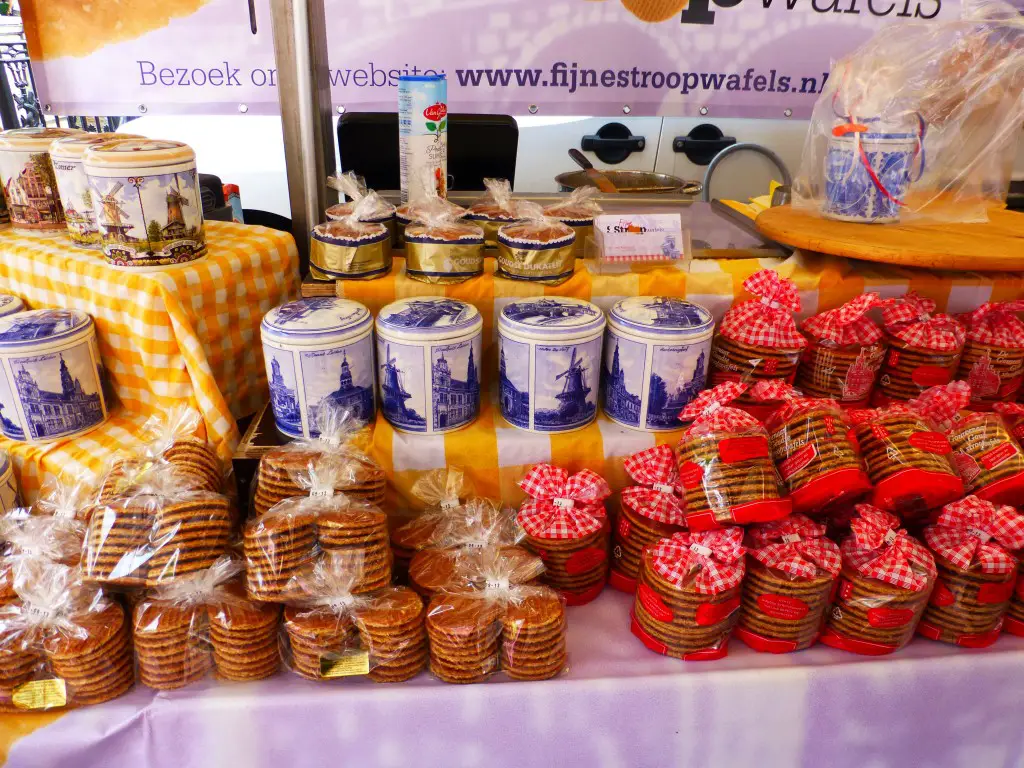

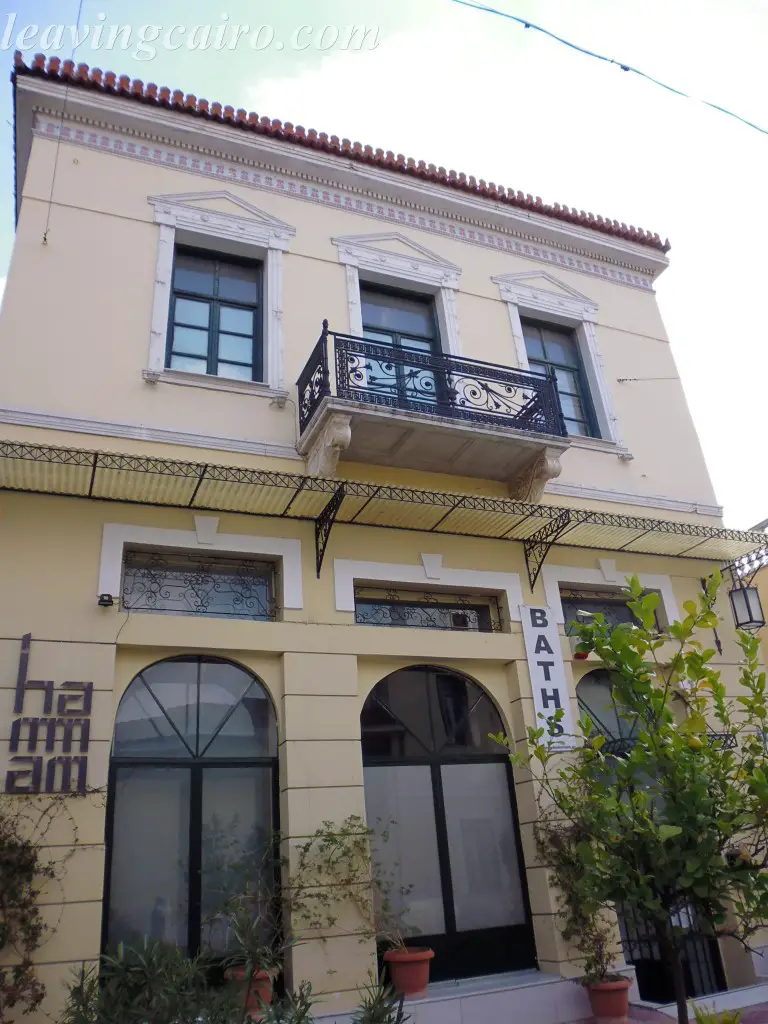
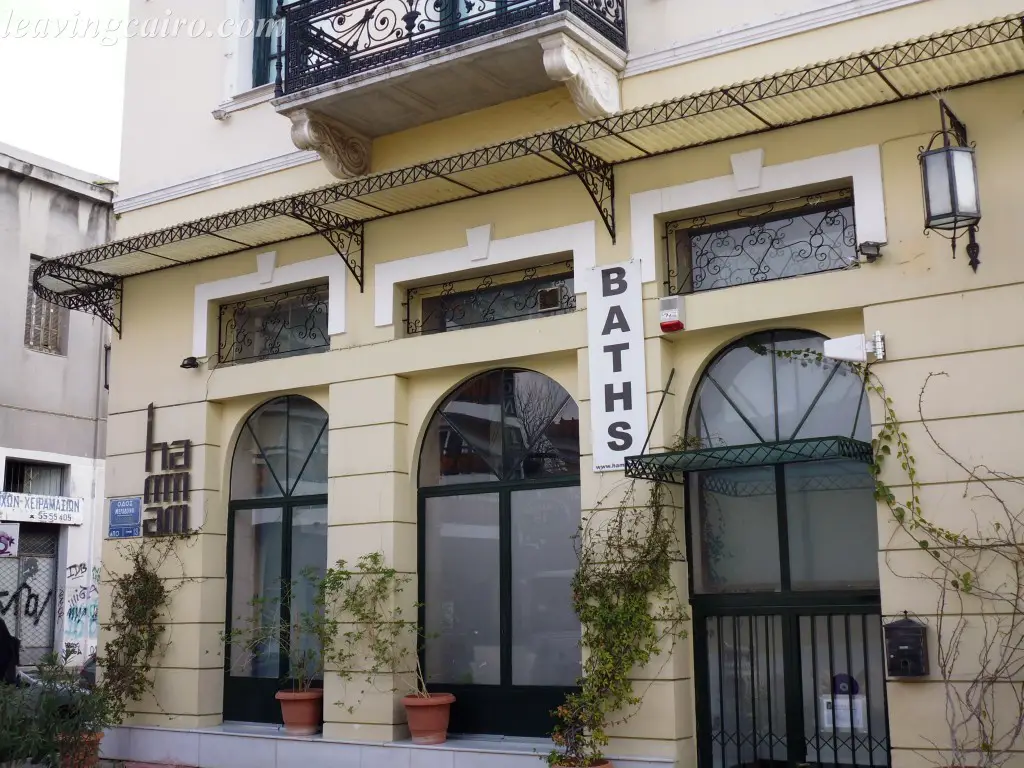
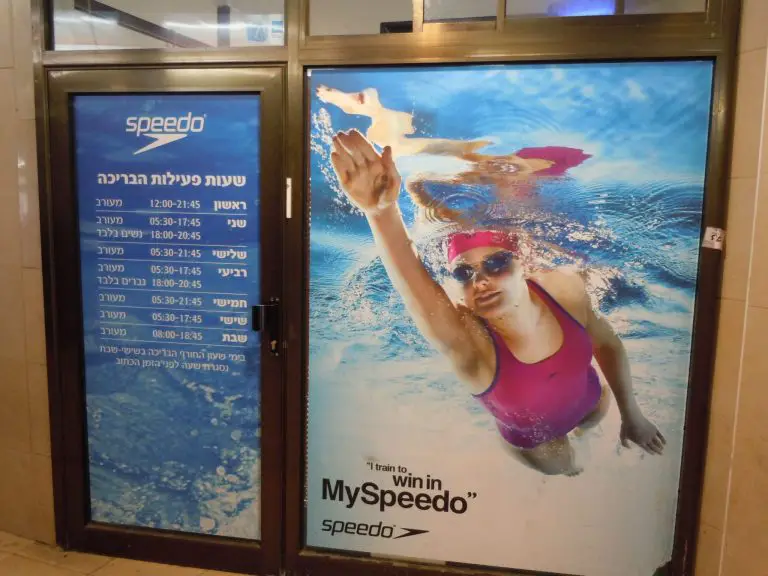

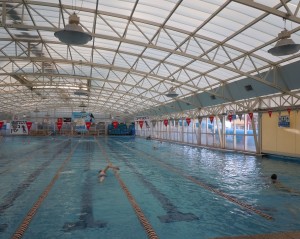
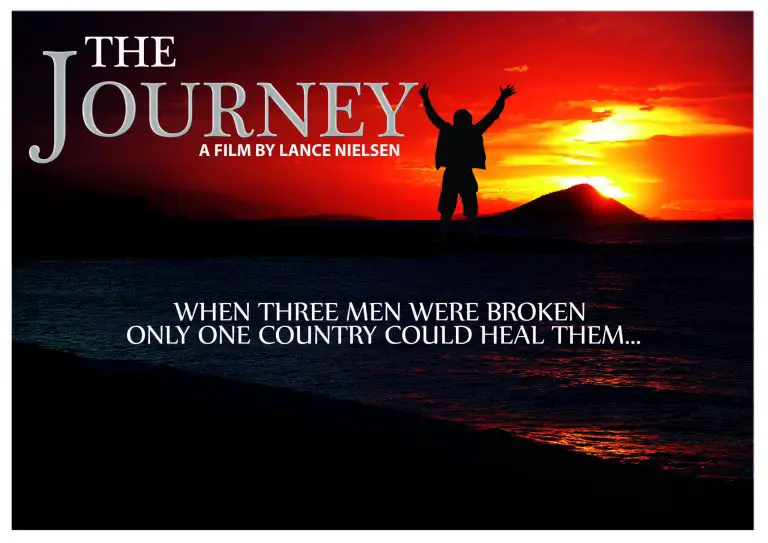
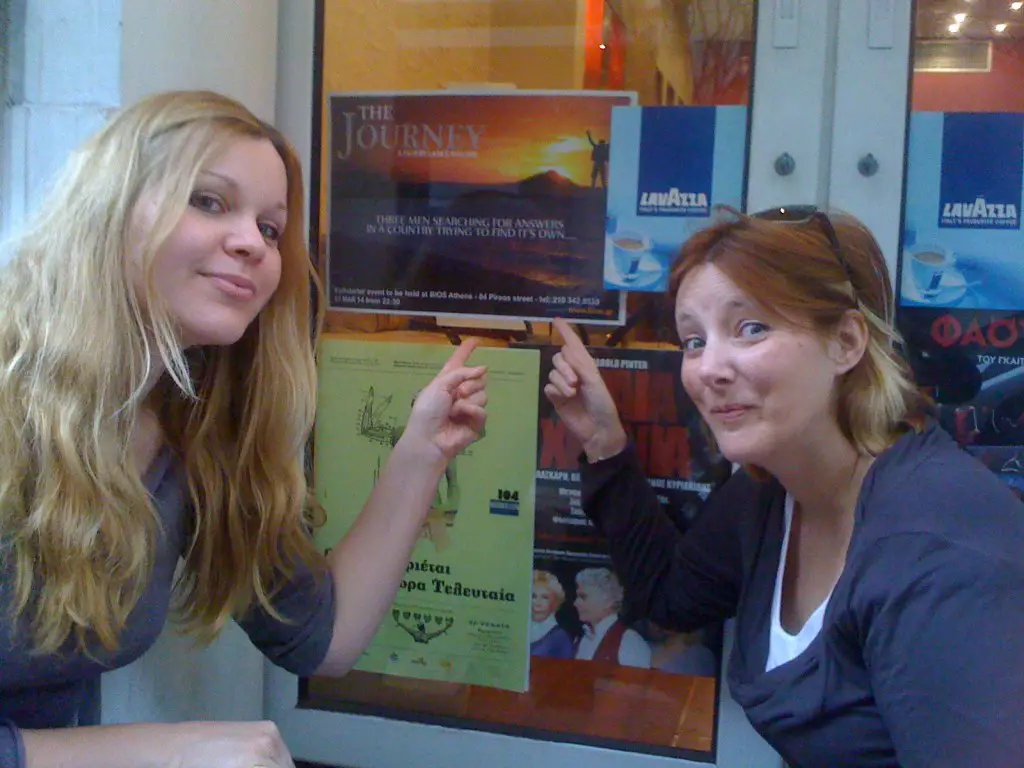
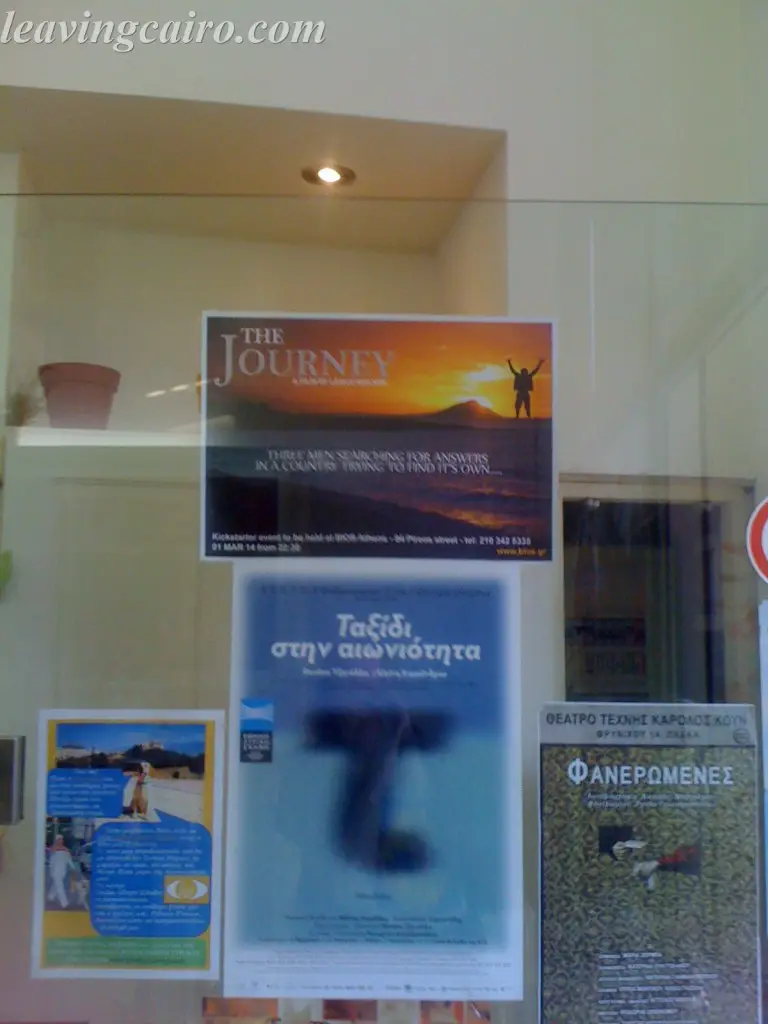
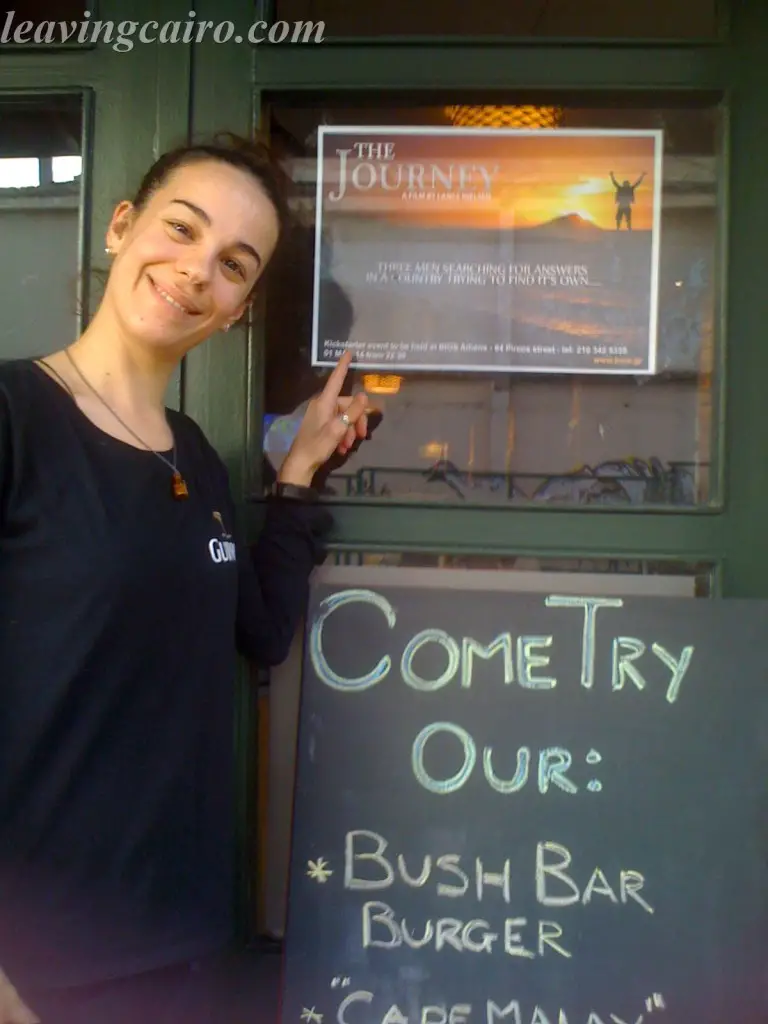
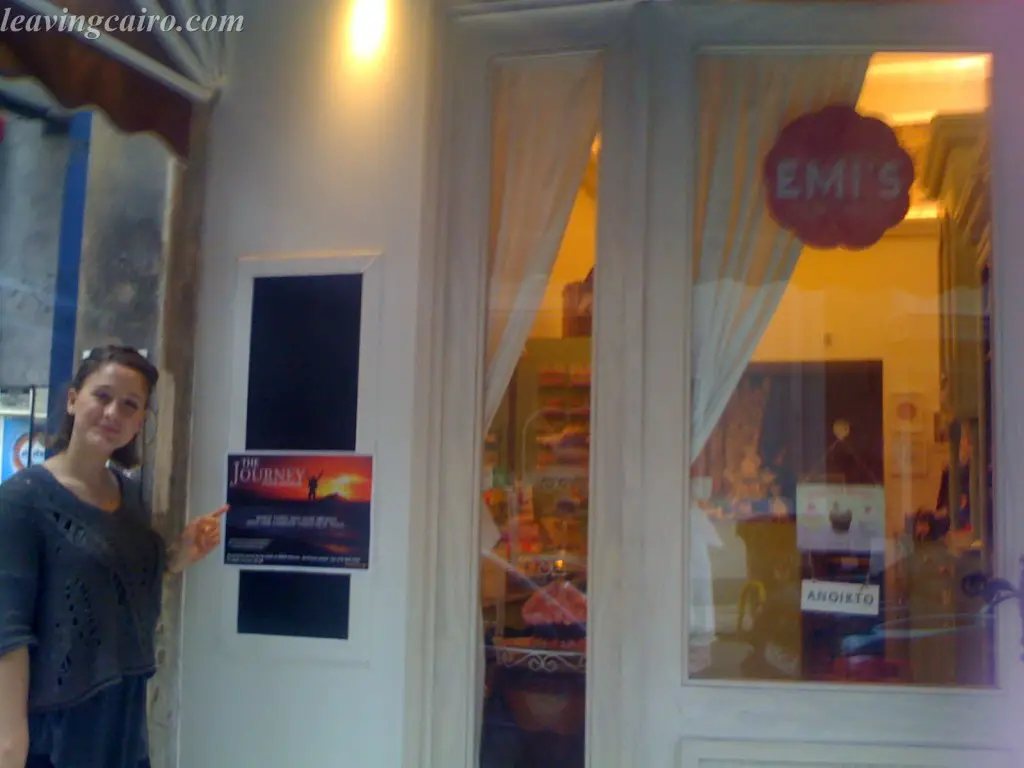
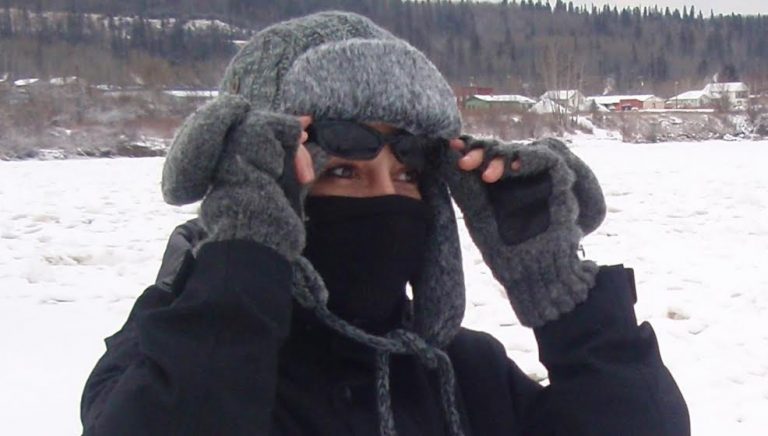


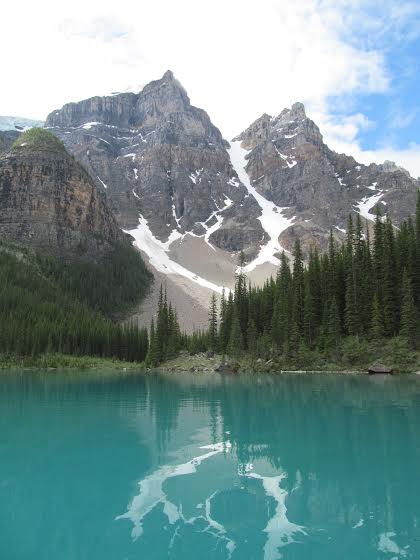
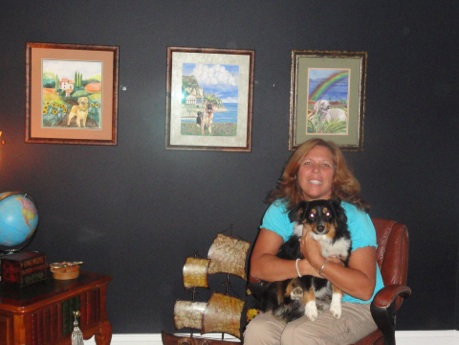
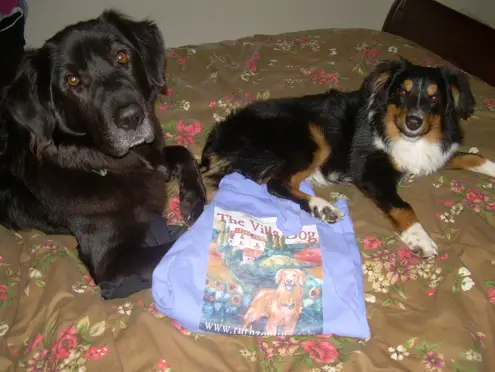
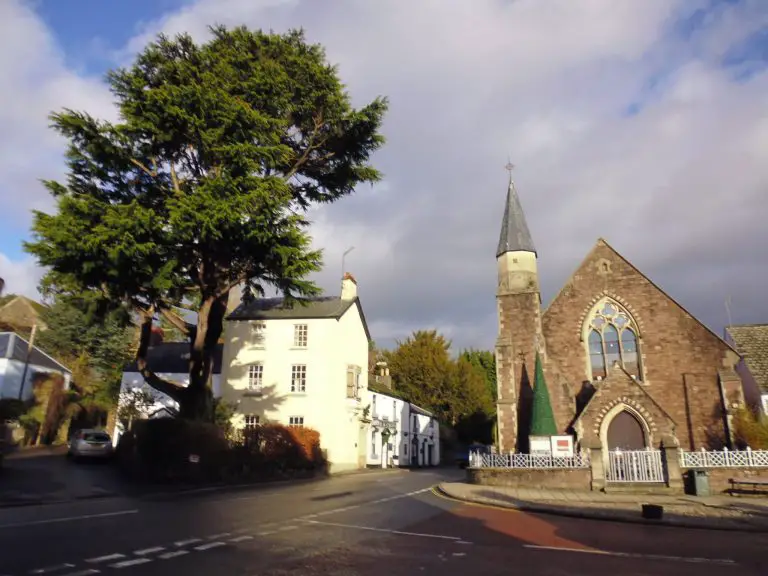
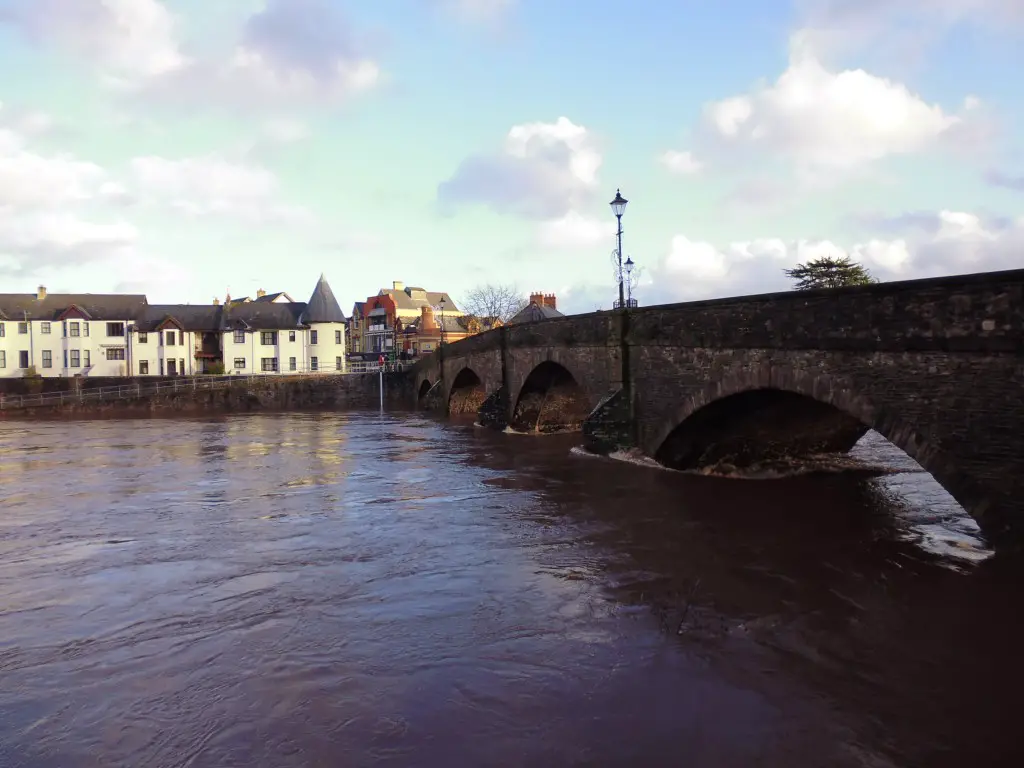
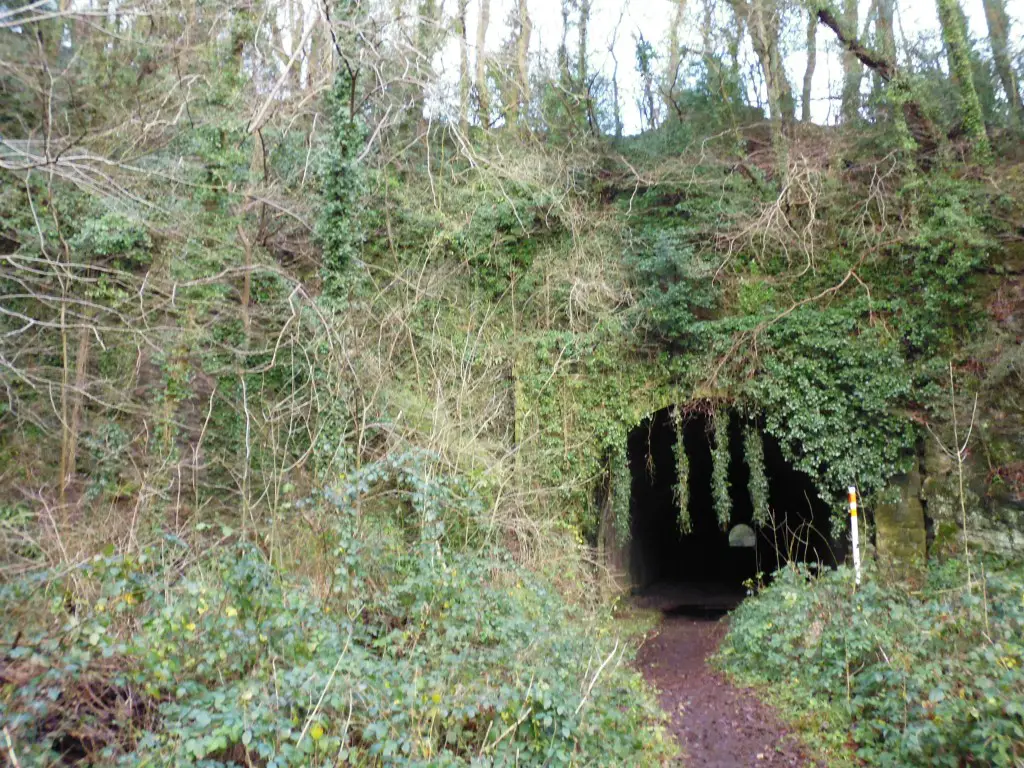
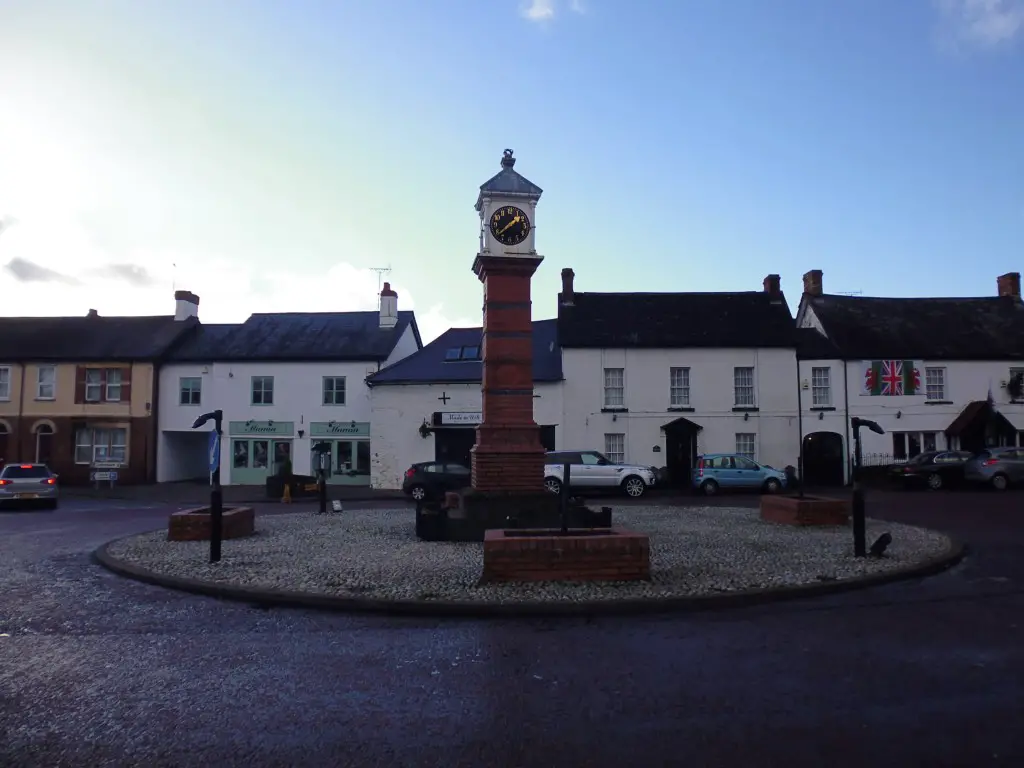
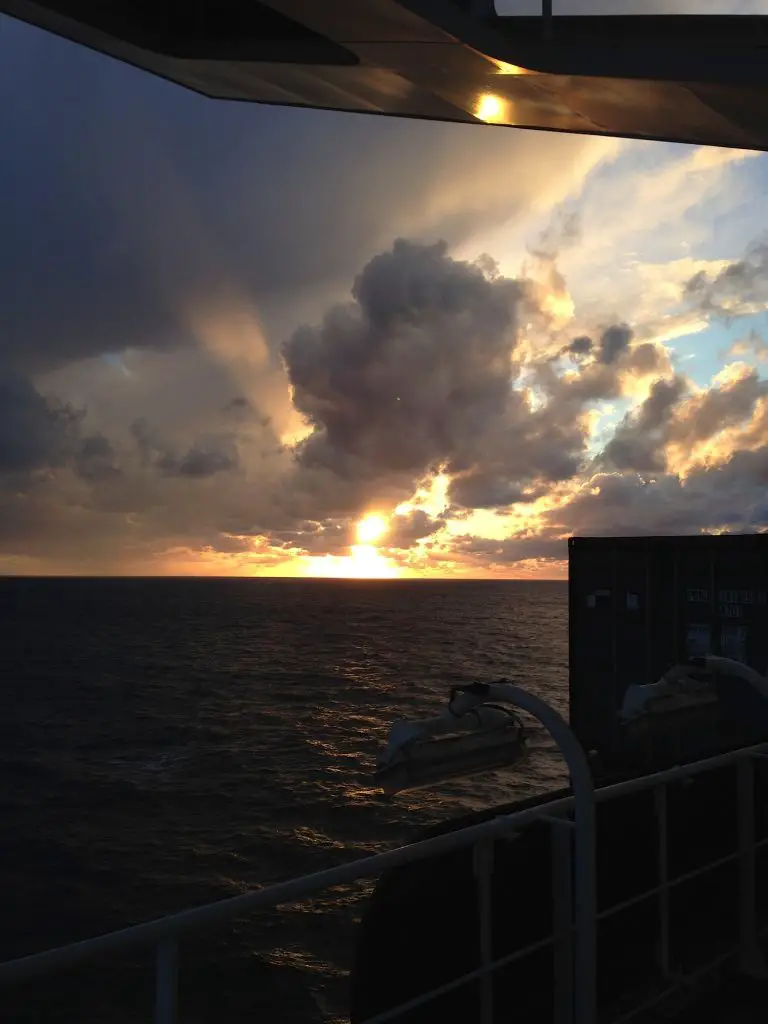

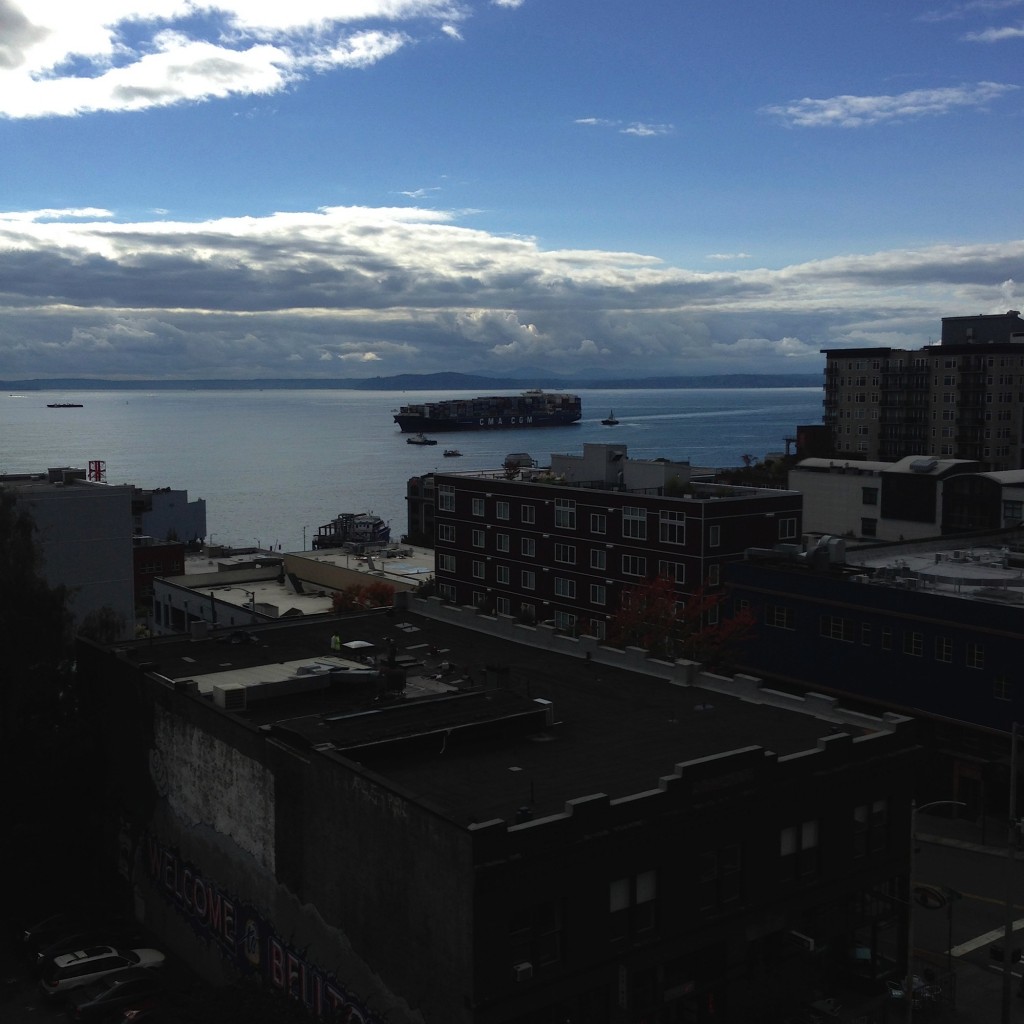
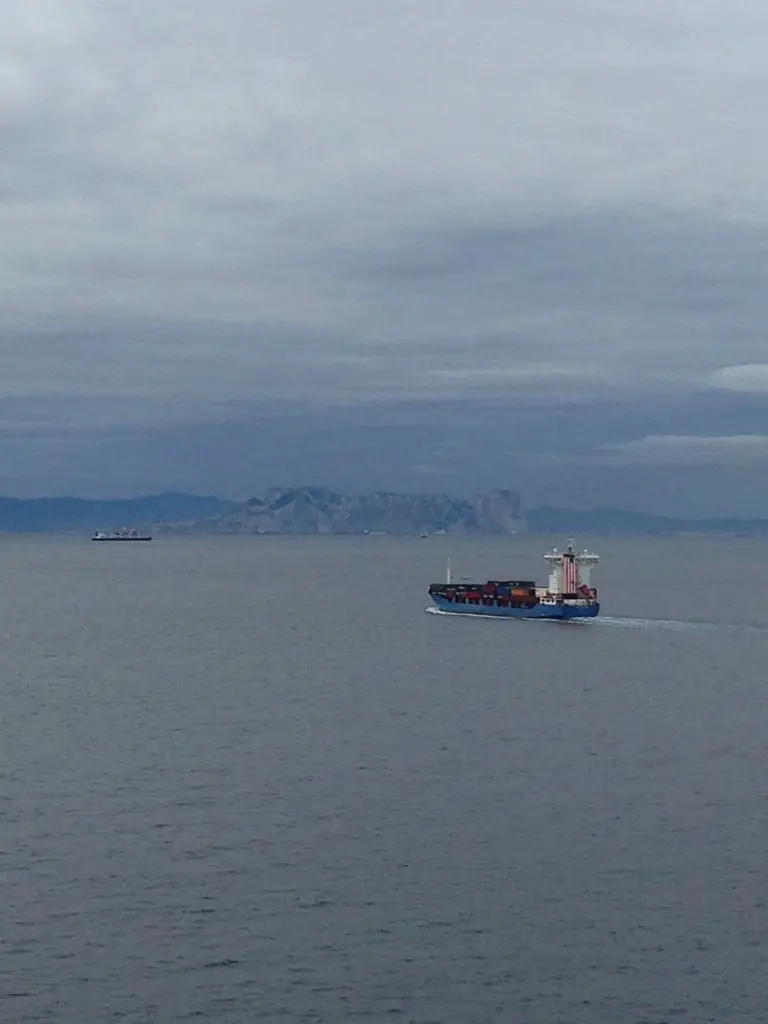
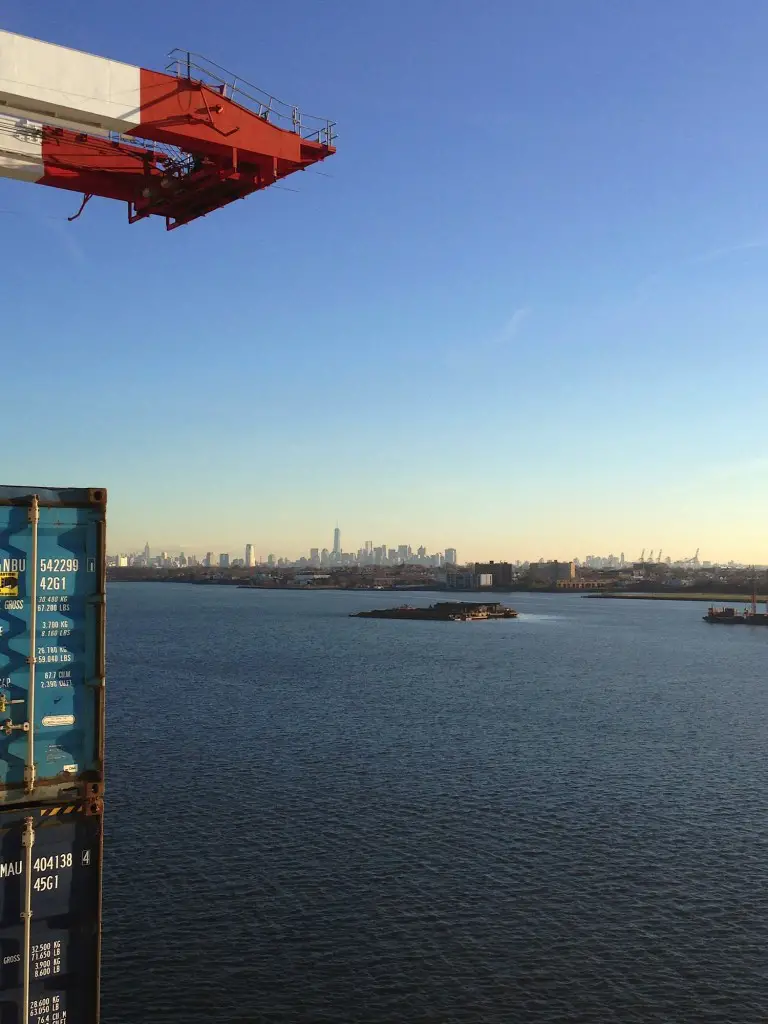
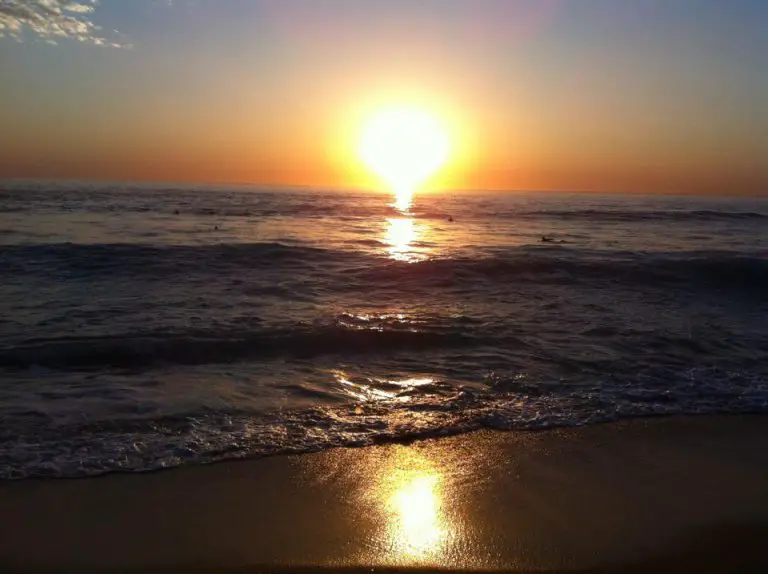
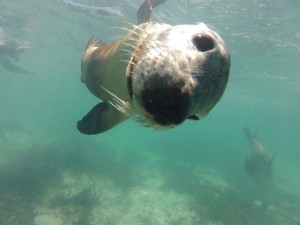

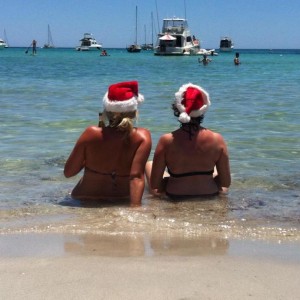

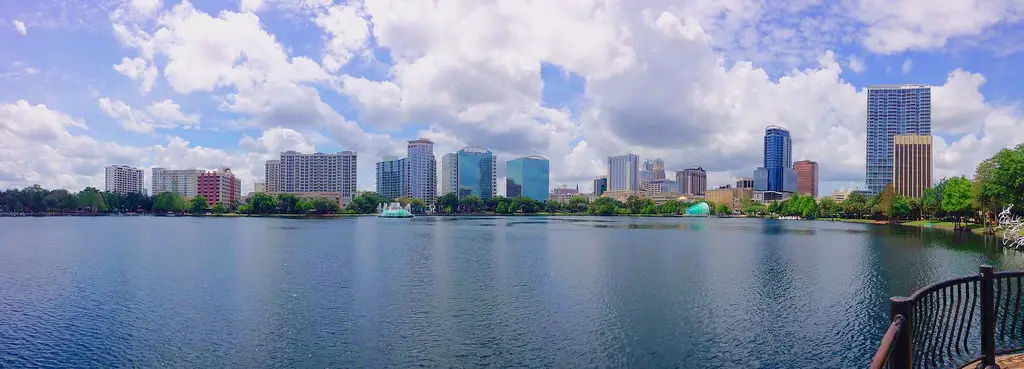
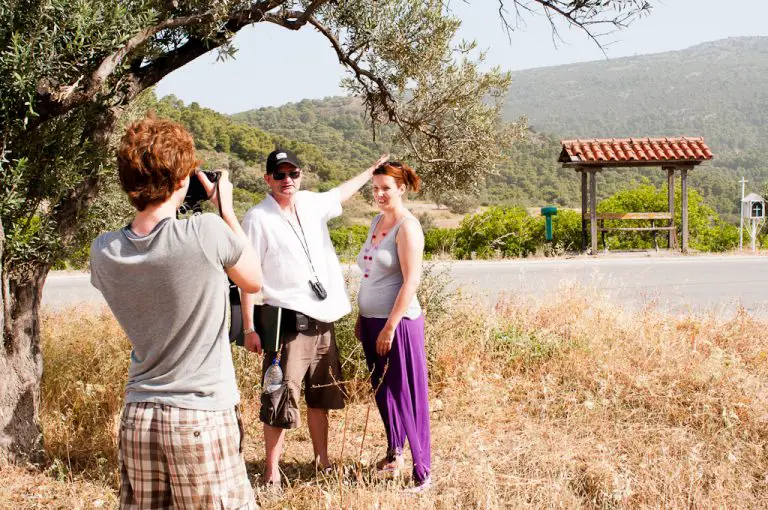
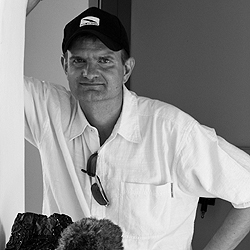 We’re back with “The Journey” again—the film I spent
We’re back with “The Journey” again—the film I spent 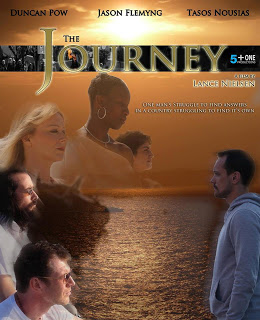 I will just prefix this interview by saying the time when the actual trip took place to Greece I was going through an extreme amount of grief, not just for one person, but several. At the end of 2008 , a couple of work colleagues passed away, both in a short space of time so their funerals took place one day after the other. After that my mother was diagnosed with cancer, and my Aunt was also diagnosed a week later – they both died within a week of each other in April 2009. That year is pretty hazy now. Angela and I had known each other since 2004, but we didn’t really get close until 2008.
I will just prefix this interview by saying the time when the actual trip took place to Greece I was going through an extreme amount of grief, not just for one person, but several. At the end of 2008 , a couple of work colleagues passed away, both in a short space of time so their funerals took place one day after the other. After that my mother was diagnosed with cancer, and my Aunt was also diagnosed a week later – they both died within a week of each other in April 2009. That year is pretty hazy now. Angela and I had known each other since 2004, but we didn’t really get close until 2008.
